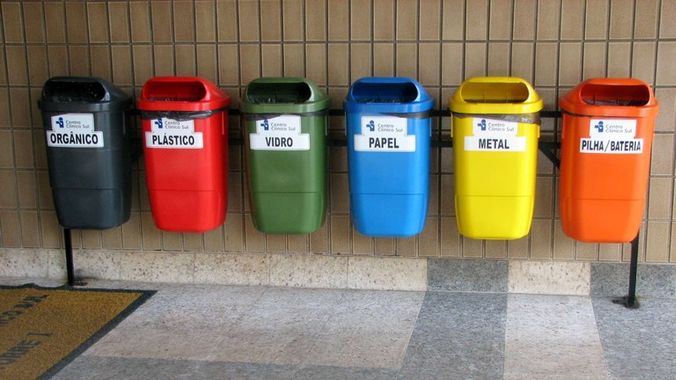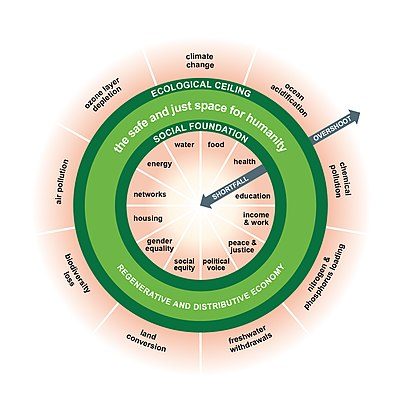Resilience
Before I continue with the ecological ceiling, I would like to return to a previous post about the social foundation. In this post I wrote: “To be able to navigate modern societies, it is important to have some basic financial literacy skills. I am referring to skills like drawing up a budget, applying for a job, and acquiring housing and healthcare. I believe that a 21st century economics education should encompass such basic skills.”
These basic financial, or economic so you will, literacy skills grow resilience. Students learn what they need to function in the society they live in, what is available in terms of social security, national healthcare and such. They also become aware of risks and uncertainties and how to cope with both – what precautions they can take and how to provide for themselves. That would be the goal of economic literacy skills lessons.
This does not mean they stand alone. A lesson on healthcare insurance could be a practical assignment when you cover the theory of insurance. Research into the social security system, or lack thereof, in your area, could be part of the theory on income distribution. Finding out what the current minimum wage is, if there is one, could be an assignment when you cover the labour market. And drawing up a household budget could be a prelude to consumer behaviour.
Come to think of it, it might be interesting to compare minimum wages across countries against purchasing power parities. But I will leave that for now.
I came to think of this, because I thought how hard it is for me to develop a lesson about, for example, the household budget, that could be used around the globe.
I will give you an actual example – or two. The past five years I have lived in three different European countries. In the Netherlands and Belgium it is obligatory to have a personal liability insurance. They go under different names, but the insurance covers the same mishap: when my son breaks a window while playing football this is insured. So, when I would teach students to draw up a budget in either the Netherlands or Belgium I would teach them to include obligatory insurances. In the UK, however, the only insurance that is obligatory as far as I know, is car insurance – obviously only if you own a car.
The other example has to do with social structures. When I needed a delivery of garden soil I asked around to find a supplier who would deliver it to, or better next to, my doorstep. Every single store I called told me I needed to come and get it myself with my trailer – which I obviously had (not). Or otherwise I would certainly be able to lend one from a family member or a neighbour? You must know, we only recently moved here and did not make many acquaintances yet, at least not good enough to ask if they would lend us their trailer.
When something like this happens you start to be more alert, and I started noticing trailers on driveways – everywhere. From my account you probably understand that I could order a trailer load of dirt right to my doorstep in the Netherlands. I never tried in the UK.
What this has to do with the household budget? Well, apparently you either need a trailer where I live, or you need to know someone who does. And this brings me back to resilience, because resilience is more than the savings in your savings account that can last you for a couple of months when you are out of a job. It is also about the social network you can depend on when you need a trailer load of dirt. And it is about the alternatives you have when you do not have the money to pay for the dirt.
When you have not enough money to cover your costs, this would show up as a deficit on your household budget. Generally, we explain to our students that this means that they either have to cut their costs, or to increase their income. But could we also offer them a third, or maybe a fourth alternative? What can they do themselves so they do not have to buy it? Can they for example repair their own smartphone? Is there somebody available in their social network who is able to help? Somebody who is willing to lend them a barbecue for a party with friends?
I am confident that in most developed countries there is an agency who offers a lesson on the personal budget, or even developed a game. But I believe it is likely you have to add the alternatives yourself.
henny@21steconomics.org – You can also find me on LinkedIn
Image by Marc Pascual via Pixabay







